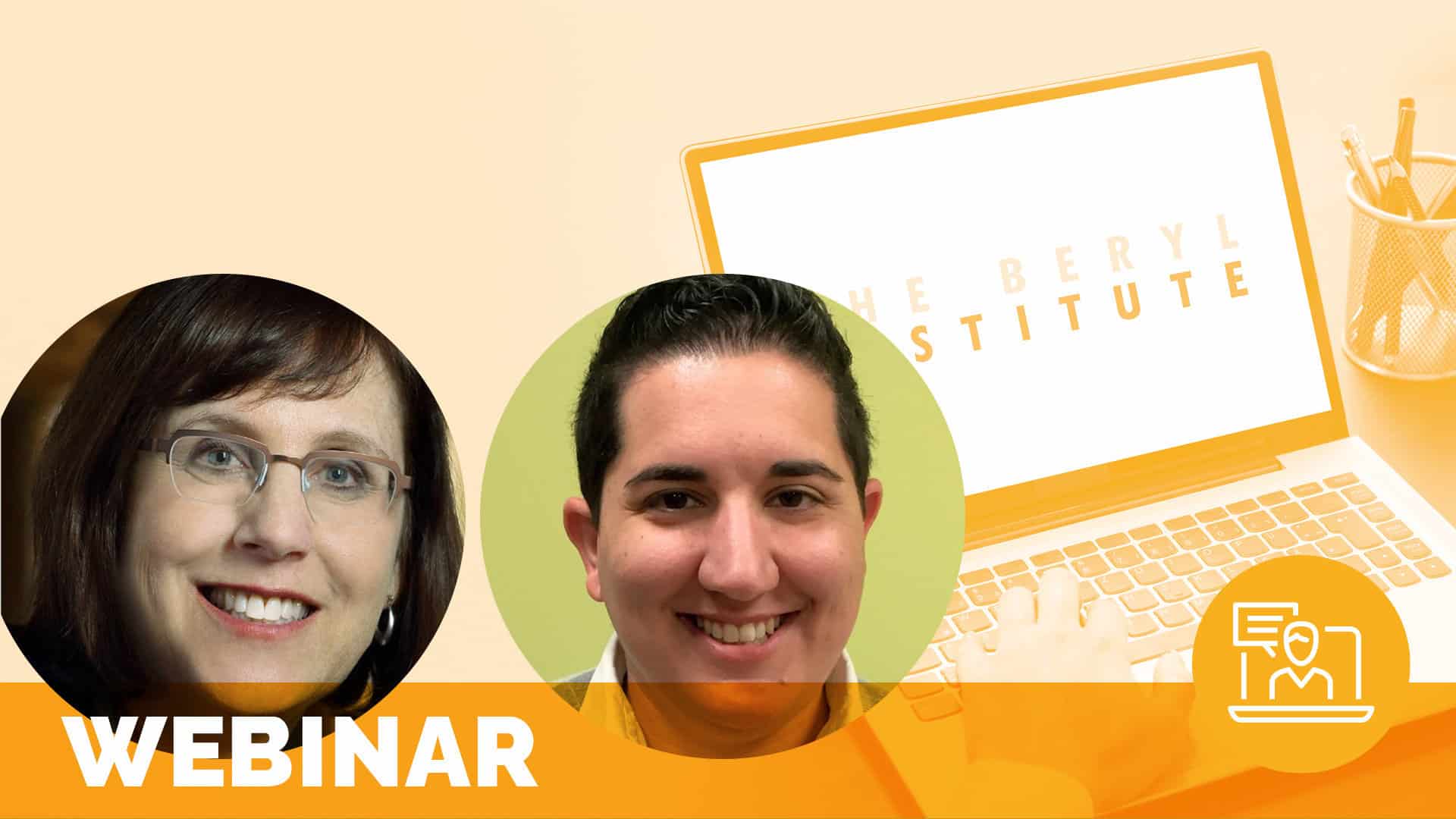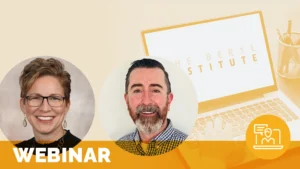Utilizing Lessons Learned from Patient Grievances

Lisa Allen, Ph.D., Chief Patient Experience Officer, Johns Hopkins Medicine, Armstrong Institute for Patient Safety and Quality
Nicole Iarrobino, Senior Project Administrator, Patient Relations and Patient & Family Centered Care, The Johns Hopkins Hospital
Historically, patient concerns were relegated to staff to whom no one wanted to listen; after all, these complaints were certainly anecdotal and not representative of the culture of service and high quality care at the hospital!
However, with the growing expectation of patient and family centered care as well as the increased attention and new focus on the financial and reputational impact of patient experience, there is now increased recognition of the benefit of using individual patient concerns and clustering them into real time patterns and trends.
At The Johns Hopkins Hospital, there has been an increasing emphasis on listening to and learning from the Patient Relations team. This has included investing in a sensitive and robust data management system which allows for input of the specific patient concerns in detailed areas (location, provider type, inpatient, outpatient, clinical service, name of provider, resolution type requested, etc.). Other investment has been made in numbers of staff, expertise required of staff, and other resources required.
As a result of this investment, individual anecdotes are transformed into identified problem areas which is shared with departments, service excellence coaches, reports to risk management and other leadership. This information is incorporated in to proactive education.
The Chief Patient Experience Officer is now able to align the real time patient grievance data with initiatives for employee training for improving communication, revamping employee orientation and on-boarding, and reviewing and revamping operational processes, including parking garage logistics to discharge planning.
Related content
-
 Patient Family & Community Engagement | Staff & Provider Engagement
Patient Family & Community Engagement | Staff & Provider EngagementWhat Does Excellent Look Like?
2pm ET / 1pm CT / 12pm MT / 11am PT – In this webinar, we will explore how the importance of connection and communication directly impacts the human experience in healthcare. Through the lens of “What Does Excellent Look Like?”, we’ll share a practical staff activity that uses a communication framework to identify and
Learn more -
 Culture & Leadership | Patient Family & Community Engagement | Staff & Provider Engagement
Culture & Leadership | Patient Family & Community Engagement | Staff & Provider EngagementA System-Wide Transformation in Human Experience at NSW Health
Global Headliner Webinar Series (Complimentary) – Join us as we reflect, reconnect, and recommit to elevating the human experience—not as an initiative, but as a way of being. Tuesday, August 19, 2025 10:00 PM EDT – Eastern Daylight Time (New York) Wednesday, August 20, 2025 12:00 PM AEST – Australian Eastern Standard Time (Sydney, Melbourne,
Learn more -
 Patient Family & Community Engagement
Patient Family & Community EngagementA Qualitative Study Patients Expectations of Private Hospitals
Objectives: This study was conducted to explore patients’ expectations and perceptions of private healthcare facilities, understand the key factors influencing their choice of such facilities, also identify elements that enhance patient satisfaction and loyalty, enabling the development of actionable recommendations to improve patient-centered care in private healthcare settings. Method: A qualitative study using thematic analysis
Learn more
